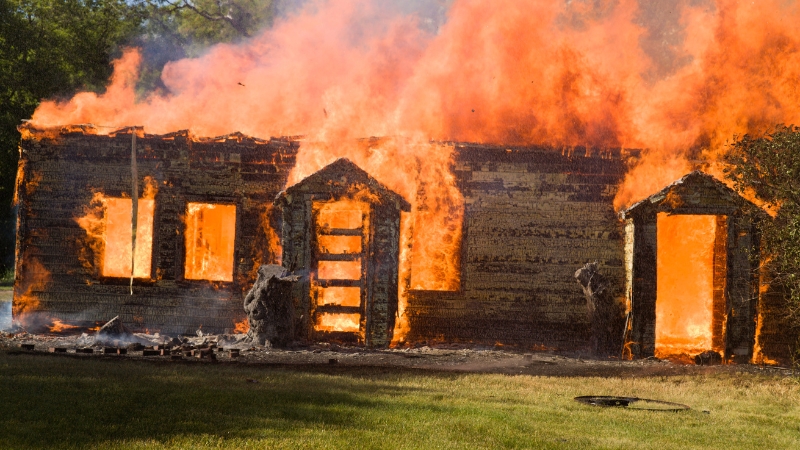Hey there! Have you ever wondered why houses sometimes go kaboom? It’s not just stuff you see in action movies or read in the news. Unfortunately, it happens in real life too. But don’t worry, I’ve got you covered with all the deets on why these explosions occur and what you can do to keep your home safe.
Understanding the Basics of Explosions
Alright, let’s start with the basics. What exactly is an explosion? Well, it’s basically a rapid release of energy that causes a sudden increase in pressure. Think of it like popping a balloon but on a much larger scale. There are different types of explosions, from chemical reactions to mechanical failures, but for houses, we’re mainly concerned with gas-related ones.
Gas-Related House Explosions
Gas leaks are often the culprits behind house explosions. Whether it’s natural gas, propane, or methane, these invisible gases can wreak havoc if they accumulate and find a spark. Picture this: you’re chilling at home, maybe cooking dinner or binge-watching your favorite show, when suddenly, BOOM! Your house shakes, windows shatter, and chaos ensues. Scary stuff, right?
Factors Contributing to Gas Explosions in Houses
So, why do gas explosions happen? Well, there are a few factors at play. First off, aging infrastructure and faulty gas lines are major concerns. Just like anything else, pipes wear out over time, leading to cracks and leaks. Plus, if your gas appliances aren’t installed correctly or maintained properly, you’re asking for trouble. And let’s not forget about external factors like earthquakes or construction mishaps that can damage gas lines.
Signs and Symptoms of Potential Gas Leaks
Now, you might be wondering, how can I tell if there’s a gas leak in my house? Thankfully, there are some telltale signs to watch out for. Ever notice a funky smell, kinda like rotten eggs? That’s the odorant added to natural gas to make it detectable. You might also hear hissing sounds near gas appliances or notice dead vegetation in your yard. And if you or your family start feeling lightheaded or nauseous for no apparent reason, that could be a sign of exposure to gas.
Prevention Strategies and Safety Measures
Okay, enough doom and gloom. Let’s talk about how to prevent house explosions. First things first, regular maintenance and inspections are key. Get those gas lines and appliances checked out by a pro at least once a year. And invest in some gas detectors and alarms for added peace of mind. If you suspect a gas leak, don’t try to be a hero. Get out of the house and call the experts ASAP.
Case Studies and Real-Life Examples
To drive home the importance of gas safety, let me share a personal story. A few years back, my neighbor’s house exploded due to a gas leak. It was a terrifying experience for everyone in the neighborhood, and it really drove home the importance of being proactive about gas safety. Luckily, no one was seriously hurt, but it was a wake-up call for all of us.
Regulatory Framework and Responsibilities
When it comes to gas safety, it’s not just on homeowners to keep their houses in check. Government agencies play a crucial role in setting and enforcing safety standards. But let’s be real, regulations only go so far. It’s up to all of us to take responsibility for our homes and prioritize safety above all else.
Conclusion
So there you have it, folks. House explosions might seem like something out of a nightmare, but with the right precautions, they’re totally preventable. Stay vigilant, keep those gas lines in check, and don’t hesitate to reach out for help if you suspect a problem. Your home should be a safe haven, not a ticking time bomb.



